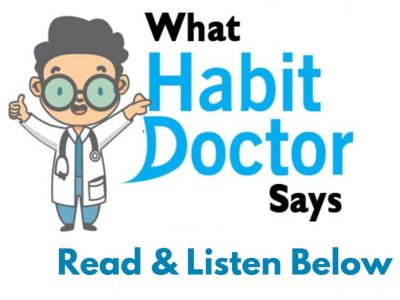Because of the current lack of knowledge about the underlying nature of the problems associated with digital usage, governments around the world are beginning to discuss enacting legislation to address Critics argue that because we don’t know whether this is an addiction or a habit, any regulation should be postponed.
The Intelligent Act proposes, among other things, those social media corporations is required to limit users’ time on social media to 30 minutes per platform and individual. If anyone wants to spend more time online this would have to ‘opt in’ to the limit being lifted. Powers to investigate and sanction digital technology corporations fail to safeguard younger people from reading improper digital content. Social media is meant to exploit human psychology and brain physiology. This decision is not based on any particular interpretation of the problem’s nature.
Leaving aside the overwhelming evidence of a link between health problems and excessive and improper use of digital platforms, the crucial question is, of course, whether it matters if excessive digital use is not an addiction, and whether it is a “simple habit” is less concerning. Is there data to back up the idea that if it’s a habit, it’s less of a problem?
Leaving aside the evidence that some people’s use of digital technology is motivated by addiction. The physiological withdrawal occurs when they are separated from it. It is true to say that the severity of any digital addiction, and the extent to which it may affect the entire population, are unknown. The physiological withdrawal occurs when they are separated from it. It is true to say that the severity of any digital addiction, and the extent to which it may affect the entire population, are unknown. It is not a conscious decision to engage in a habit, and it requires minimal thought.
If we look at the preceding description of a “habit” for a moment, the words “unconscious,” “automatic,” and “unthinking” stand out as particularly concerning components. These characteristics of a habit are not always linked to addiction. We are not in control of our activities and do not understand why we are executing them if we engage in habitual behaviour. To some extent, there are characteristics of a habit that could exacerbate digital issues that aren’t always represented by an addiction though they can be.
If we are not in control of our behaviours at the time we are accustomed to using social media, then this must be a bad thing. Even if we ignore the challenges that this poses for freedom and note that there are a lot of ‘leaving asides’ in this discussion. We don’t know if extreme digital users can tell how long they’ve been on social media, but we do know that their anxiety levels can tell them how long they’ve been away from it. There appears to be strong evidence that digital technology misuse is influenced by both habit and addiction.
When behaviour becomes decoupled from its initial objective, it is said to have achieved behavioural autonomy. What if something similar happens on social media? What if excessive computer use leads to behavioural autonomy? This would eliminate all reasons for using digital media — except for the sake of using digital media. In other words, our usage is not within our control and is not motivated by our own goals. The lack of voluntary control by users continues to benefit technology businesses.
The stated mechanism of digital overuse in the SMART Act may be inaccurate for some persons, but the consequences of their excessive digital use remain the same. Worse, we may be habitual users, but habits are not often simple to break; have you heard the expression: ‘There’s no way of telling him? Technology businesses profit from removing our freedom to act, whether intentionally or unintentionally, by abusing how our learning systems operate.
Overuse of digital devices can result in a slew of issues that can wreak havoc on a person’s overall development. Try to keep your digital media usage under check since if it becomes addictive, it could lead to a life mystery. It is preferable to utilise it only when absolutely necessary rather than utilising it all of the time while going about their daily routines.



Creating a habit-building vision for life. The blog inspires me to take control of my destiny.